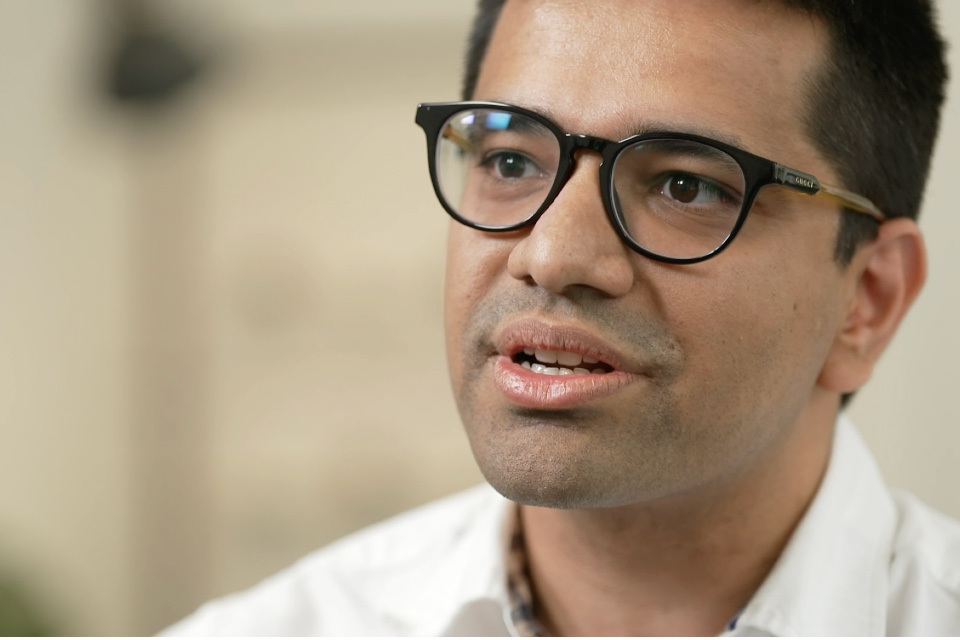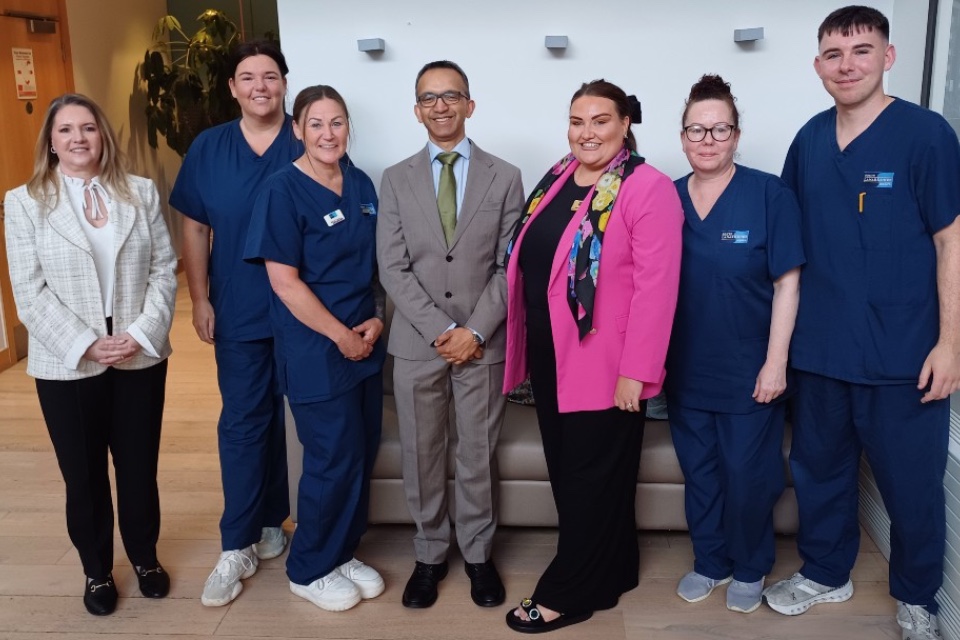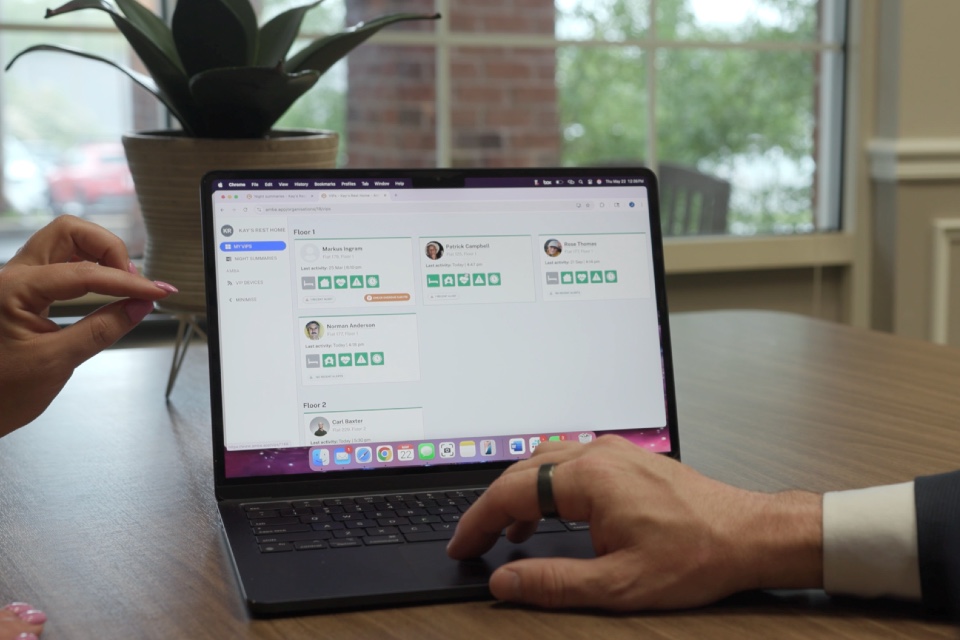In the latest instalment of our care industry executive interview series we spoke to Dr. Pradyumna Thiruvenkatanathan, Founder & CEO at Earzz Limited, about the role technology can play in night-time monitoring, the importance of avoiding falls and their knock on effects for both residents and the NHS, and the positive impact AI is going to have on many aspects of care…
Tell us about your company, products and services.
Earzz is an all-new acoustic resident monitoring system for better night-time care. Earzz listens, recognises, and alerts staff to important sounds, helping them respond more quickly to a person in any sort of difficulty. Unlike existing acoustic solutions, Earzz recognises and alerts carers within seconds for specific sounds of interest in resident rooms as chosen by the carers in the Earzz app. It’s advanced AI sound recognition enables carers to get alerted for specific sounds including sounds that help
- Reduce chances of falls at night – by identifying and alerting carers to any movement noise (e.g., footsteps) and even thuds from falls
- Proactive, Person-centred care – identifying sounds that represent signs of worsening health – e.g.: Coughing, screaming, snoring, gasping
Earzz also helps keep digital records of all events at night aiding easier handover for staff and saving time and costs for care homes.
All this with a system that offers inherent privacy protection for residents.
What have been the biggest challenges the Care industry has faced over the past 12 months?
In one word, ‘Falls’, especially during night time in care homes. Older adults living in care homes are at a significantly higher risk of falling compared to those living independently or in a community. This means they’re not just three times more likely to fall; they’re also ten times more likely to sustain serious injuries (Department of Health (DoH), 2009);Cooper, 2017). It’s a tough reality for those over 65, with about 30% falling each year. For those aged 85 or older, that number skyrockets to a shocking 50% (World Health Organization (WHO), 2008). Falls among the elderly cause physical and emotional distress, pain, injury and loss of confidence but still remains one of the most frequently reported accidents amongst residents, especially during the night.
And what have been the biggest opportunities?
The current practice of having staff physically check on residents’ multiple times a night can disrupt their sleep and potentially miss critical events that could indicate distress or a fall. We urgently need tech solutions that let carers check on resident’s conditions without disturbing their precious rest or infringing on their privacy – solutions that can even help carers pre-empt falls before they happen, identify signs of restlessness or deteriorating health that eventually leads to falls so they can take proactive actions. It’s not just about reacting; it’s about being proactive and caring for our residents in the best way possible.
What are the main trends you are expecting to see in the market next year?
The care industry is going through digitisation currently. So, we expect to see the adoption of more technological solutions that enable person centred care, especially those that help tackle the very issue related to falls at night time.
What technology is going to have the biggest impact on the market this coming year?
Artificial Intelligence (AI) is making inroads into the lives of each and every one of us and we believe, this would be the case in the care industry as well. AI is now being trialled and used by many digital care management solutions and even acoustic monitoring solutions for better night time care. We are now able to combine the power of Artificial Intelligence with acoustic sensor technologies to listen, recognise and alert carers to specific sounds in especially vulnerable resident rooms to pre-empt and significantly reduce chances of falls.
What is the biggest priority for the Care industry next year?
Finding effective ways to identify, prevent and manage falls is essential for the well-being of our ageing population. We think the adoption of newer AI powered technological solutions that can help tackle this should be one of the biggest priorities given the impact this is having not just to the residents’ well being, but also the potential savings in operational costs to care home and its impact on the NHS.
Next year we’ll all be talking about…?
New AI powered solutions revolutionising the Care sector.
What’s the most surprising thing you’ve learnt about the Care sector?
How falls amongst the elderly who are in care still remain a big contributor to NHS admissions.
What’s the most exciting thing about your job?
The people – working with a dedicated team of individuals who are committed to building products that truly make a difference.
What’s the best piece of advice you’ve ever been given?
To stay true to yourself.







One Response
“Sensual vixen longs for tantalizing ecstasy.” Here — rb.gy/3fy54w?Thync